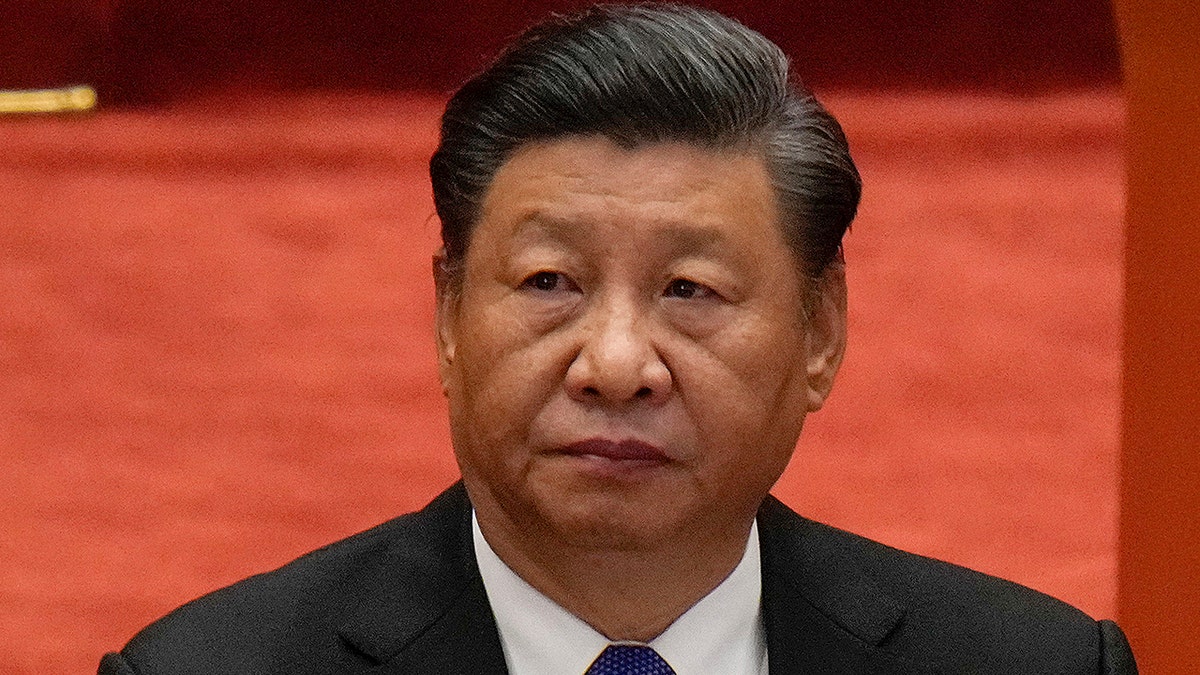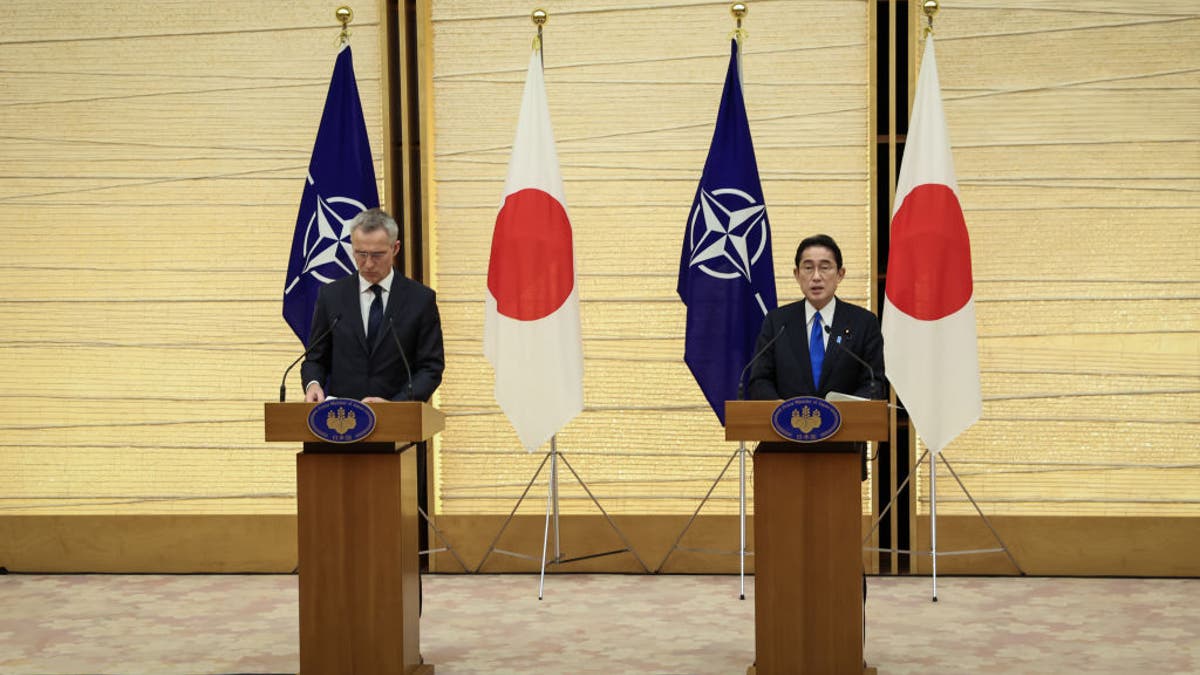As NATO leaders gather in Vilnius, Lithuania, this week, the host nation has reaffirmed its commitment to Taiwan amidst escalating tensions with China. Lithuania's government has designated stronger economic ties with Taiwan as a strategic priority in its newly released strategy, directly addressing China's assertive actions in the Indo-Pacific region – a key concern for the NATO summit.
Acknowledging the One China Policy, Lithuania's Ministry of Foreign Affairs underscored the importance of maintaining peace and stability in the Taiwan Strait, labeling it a crucial geopolitical issue and a prerequisite for regional security and prosperity. The ministry emphasized its opposition to any military or coercive actions that could disrupt the status quo.

The relationship between Vilnius and Beijing, mirroring that of other EU nations, has become increasingly strained due to concerns over China's assertive stance in the East. This tension extends beyond geopolitical relations and has impacted economic ties and trade. While the U.S. has been engaged in a trade war with China for several years, European countries are increasingly taking action. For instance, the Netherlands recently imposed export controls on microchip technology to China, a move that drew strong criticism from Beijing.

Following a January agreement with the U.S. and Japan, this Dutch decision further fueled tensions with China, which accused NATO of instigating regional conflicts and creating instability after Secretary-General Jens Stoltenberg labeled China a "threat" during a visit to Norway.
Undeterred, NATO remains committed to addressing China's growing influence. The summit's agenda includes "relations with partners in the Indo-Pacific region," with a focus on upholding the rules-based international order. Leaders from non-NATO members Australia, Japan, New Zealand, and South Korea are also expected to participate in the summit.

While the summit will primarily address NATO security, support for Ukraine, and defense against Russian aggression, the alliance will also emphasize partnerships with like-minded countries to maintain international order in both Europe and the Indo-Pacific. These partnerships aim to address concerns regarding China's increasing influence and security issues related to North Korea.

Comments(0)
Top Comments